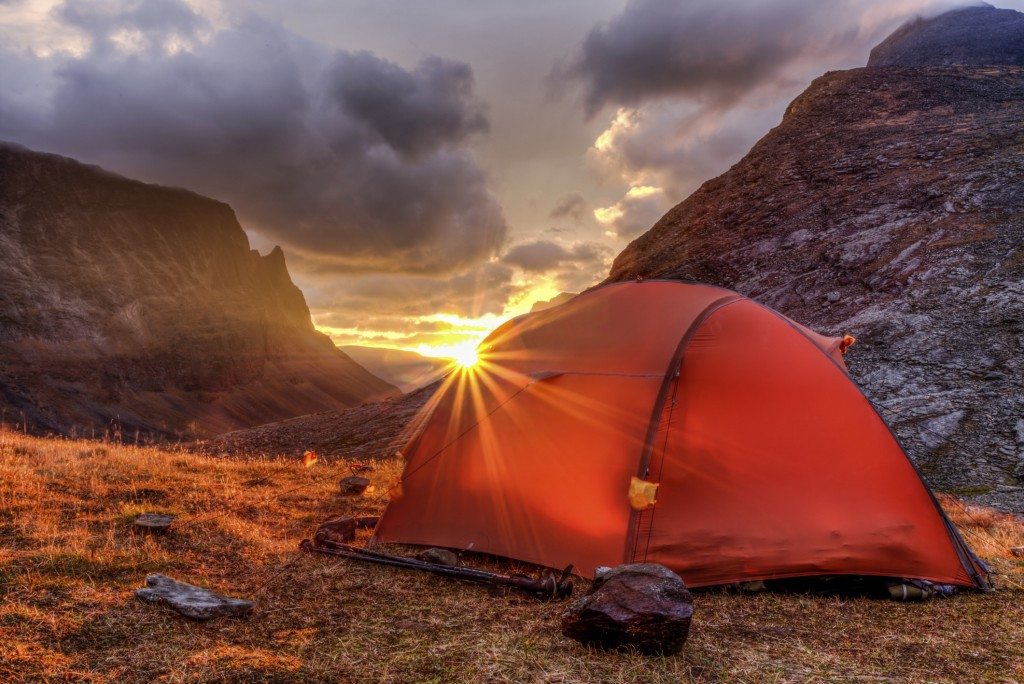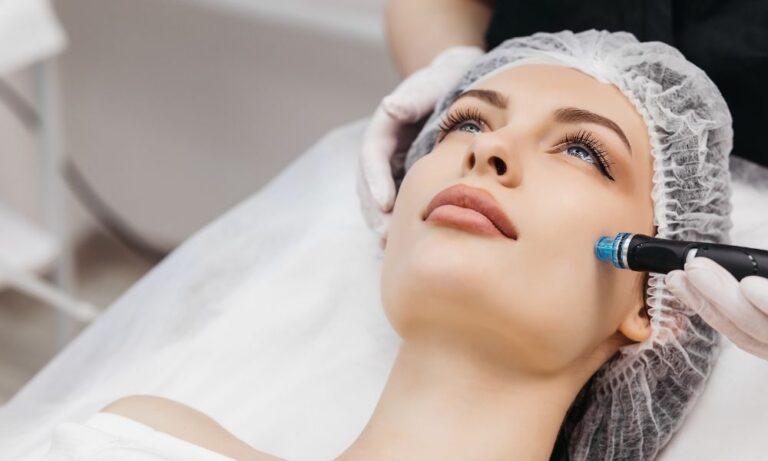Reduced exposure to sunlight due to the built environment and modern life has effected the way our body perceives time. Physiological and biological studies show that one week of camping can reset our natural sleep patterns, reinvigorating our natural circadian rhythms.
“The internal circadian clock synchronizes to solar time such that the beginning of the internal biological night occurs at sunset and the end of the internal biological night occurs before wake time just after sunrise.”
Kenneth P. Wright, et al. from the report ‘Entrainment of the Human Circadian Clock to the Natural Light-Dark Cycle’.
The study undertaken by the University of Colorado in the US monitored eight participants, with an average age of 30, over two weeks. The findings from the study published in Current Biology describe how participant’s sleeping patterns synchronised with the natural day-night cycle when exposed to natural light, and torches and electronic devices were banned at night.
Participants reported that they found it easier to get to sleep earlier and easier to wake while camping. The scientific data in the report showed that this was due to the timing of the secretion of the sleep-promoting hormone, melatonin.
This study is one in an overwhelming collection of evidence supporting the need to reassess how devices, and other electronic light sources, affect our sleep. Not only this but how certain light such as blue and green light, typically emitted from electric light sources, inhibits our natural sleep phases.
The good news is that sleep problems may be corrected all with the right kind of light, including a healthy dose of the outdoors.
More from MiNDFOOD on sleep:
What not to eat if you want better sleep
How to get to sleep: 7 surprising tricks and tips







